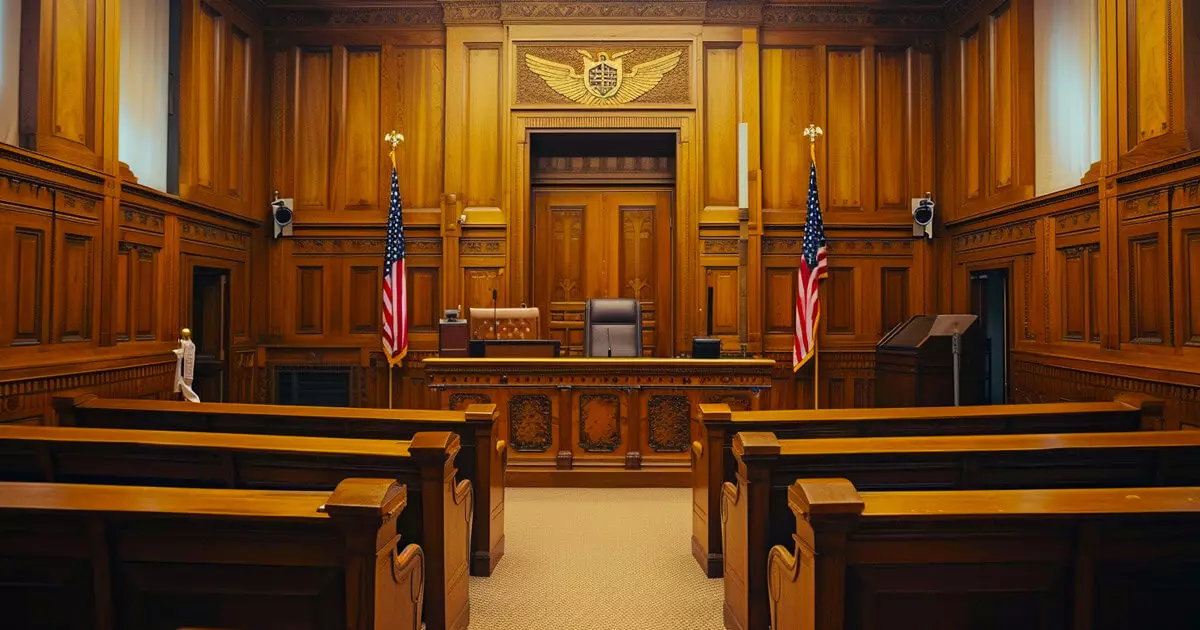The recent decision by the US Supreme Court to overturn the Chevron doctrine has raised significant concerns within the cryptocurrency community. Introduced in a 1984 case known as Chevron v. Natural Resources Defense Council, the doctrine established guidelines for federal courts to defer to agency interpretations of laws and statutes. This decision created a framework in which agencies, such as the SEC, were granted significant interpretive power over legal matters.
Implications for the SEC and Cryptocurrency
Economist Timothy Peterson highlighted that the repeal of the Chevron doctrine will impact the SEC’s ability to act as an “automatic subject matter expert” on crypto-related issues. This move limits the SEC’s unilateral interpretive power in assessing the classification of assets like Bitcoin. Peterson emphasized the significance of this decision, stating that it represents a pivotal win for Bitcoin and could lead to a more balanced legal landscape within the cryptocurrency industry.
The decision to overturn Chevron has sparked discussions about the SEC’s stance on crypto regulation. FOX Business reporter Eleanor Terrett expressed that while the end of Chevron does not entirely eliminate the SEC’s enforcement capabilities, it raises questions about the agency’s authority in regulating crypto as a security. The impact of this decision could influence ongoing cases, such as the SEC’s actions against Consensys and its classification of certain tokens as securities.
Attorney Paul Clement’s oral argument in the case of Loper Bright Enterprises vs. Raimondo shed light on the legal complexities surrounding crypto regulation. Clement identified crypto as a prime example of the gridlock associated with Chevron, suggesting that regulatory agencies, including the SEC, have taken advantage of vague statutory authority to dictate their interpretations. He criticized the notion that agencies could unilaterally claim authority over crypto matters, highlighting the potential for litigations to determine the status of crypto assets as investment contracts.
Supreme Court Rulings and Cryptocurrency
The US Supreme Court’s decision to overturn Chevron in the cases of Relentless Inc. v. Dept. of Commerce and Loper Bright Enterprises v. Raimondo has far-reaching implications for the interpretation of statutes and legal ambiguities. The New Civil Liberties Alliance emphasized that the end of Chevron means agencies cannot rely on statutory gaps to assert regulatory authority. The ruling now requires Article III courts to address uncertainties in the law, promoting a principled and intelligible approach to legal development.
The overturning of the Chevron doctrine has significant implications for the regulation of cryptocurrencies by the SEC. This decision challenges the SEC’s interpretive power and opens the door for a more nuanced approach to crypto regulation. The legal landscape surrounding cryptocurrency is evolving, and the repeal of Chevron marks a significant milestone in shaping the future of crypto regulation.

